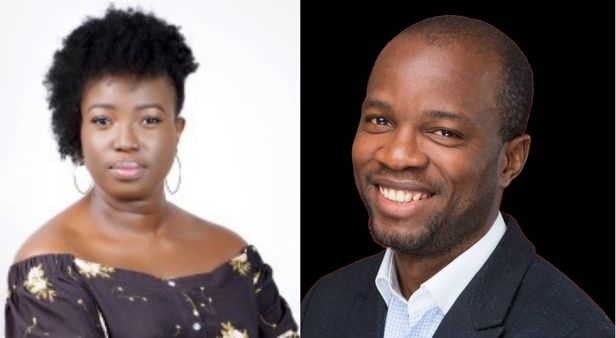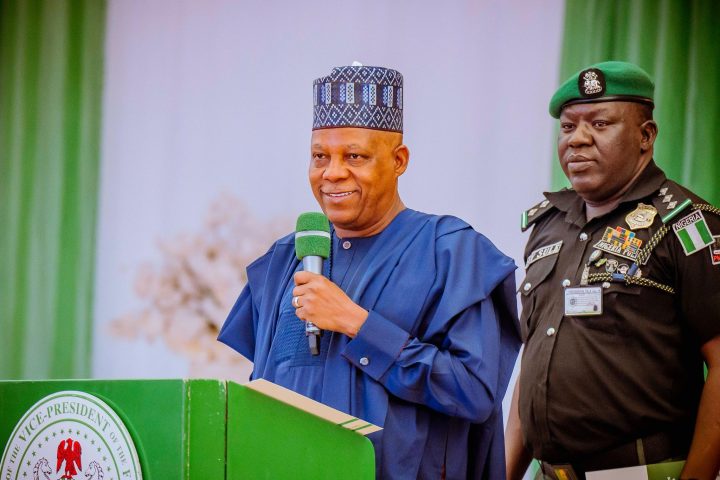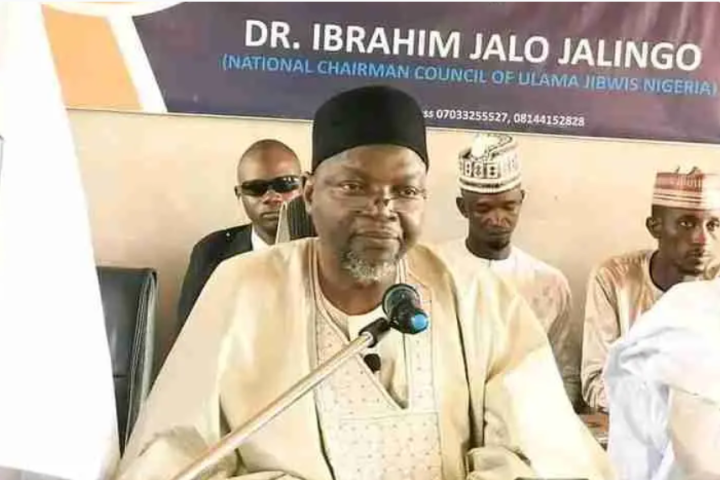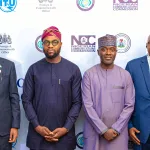The world is working hard to bridge the long-standing digital divide which – like Polio, HIV/AIDS and most recently COVID-19 – has continued to assail human development.
Of course, the benchmark year is 2025 , and the vanguard of this pervasive war against global digital divide has been the International Telecommunications Union (ITU).
Join our WhatsApp ChannelThe ITU Broadband Commission’s report, which the Union released last week, sets out modalities for advancing global digital transformation by finding ways to connect the world’s yet-to-be-connected 2.7 billion population by 2025.
Obviously, with the extensive multi-stakeholder strategy and collaborative regulatory regimes of the 193-member nations of the International Telecommunications Union (ITU), this will be a done deal.
Nigeria, with broadband coverage of 44% and 70% target by 2025, according to the National Broadband Plan (2020-2025), has already joined a host of other countries in buying into the global broadband access initiative to tackle digital divide.
Part of ITU initiative to connect the 2.7billion people by 2025 actually formed the theme at a recent forum in Saudi Arabia.
The conference rose with a communique stating that advancements in space and satellite technology combined with evolving wireless connectivity are essential to connecting people who remain excluded from the digital revolution.The conference was tagged “Connecting the World from the Skies” forum.
Hosted by the ITU and Saudi Arabia’s Communications, Space and Technology Commission, the forum brought radiocommunication and space industry experts together to explore new ways to enhance global digital connectivity.
“Digital networks and technologies continue to empower and enrich the lives of billions of people worldwide,” said ITU Secretary-General Houlin Zhao.
While many parts of the globe are connected, there is still much work to do to bring in the remaining third of the world’s population.
“Innovative aerial and spaceborne communication networks have the potential to advance our efforts to bridge the digital divide at country and global levels” the ITU explained.
Recognizing the need to reach the 2.7 billion people still unconnected around the world, the public-private forum focused on technological developments and innovative business models for aerial and space-based connectivity.It also highlighted how regulators and governments are working alongside industry to unleash untapped potential in today’s 5G networks, as well as in the journey towards 6G.
As the ITU Broadband Commission Report 2022 states “ Internet use grew during the COVID-19 pandemic, a new Broadband Commission but inspite of this,there is an urgent need for broadband connectivity “that is fit for purpose in terms of affordability and accessibility.”
The report says 66 per cent of the global population – some 5.3 billion people – used the Internet in 2022, up from 54 per cent in 2019.
“Broadband played a central role in this uptake after the pandemic shifted much of daily life online, from remote work and learning to online shopping and banking and even medical consultations using e-health applications.
The report specifically says,increasing access is not enough but to make broadband affordable as well.As the report puts it:
“To increase Internet usage, entry-level broadband services need to be made affordable in developing countries, with subscriptions costing less than two per cent of monthly gross national income (GNI) per capita. “
Broadband services in 2021 became less affordable, largely owing to downward incomes in the midst of COVID-19 even though service charges continued to drop.
Of the 193 member states, only 96 countries met the affordability target of two per cent of GNI for mobile broadband, down from 103 in 2020, while 64 countries met the two per cent target for fixed broadband, down from 62 in 2020.
But the ITU worries stem essentially from the ability to make internet available for all by 2025 even though data show how Internet use surged during the pandemic, with user numbers rising from 54 per cent of the world’s population in 2019 to 66 per cent this year.
The report says, however, that “Internet usage has now reached 93 per cent in high-income countries, 61 per cent in low- and middle-income countries, but just 36 per cent in least developed countries.”
In high income countries,the rise in internet usage has not impacted positively on old people and those who are physically challenged.These category of people are still behind in connectivity.
Bridging gender digital divide is top on the Broadband for all by 2025 as this report has identified some gaps between men and women with access saying gender equality in access to digital services is improving.
“According to the World Telecommunication/ICT Indicators Database, 69 per cent of men were using the Internet in 2022 compared to 64 per cent of women. Some regions and income groups have reached gender parity in Internet use, including developed countries and the Americas, while small island developing states (SIDS) and Europe have nearly reached the target.”
Recommendations for improving high access by 2025 by the Broadband Commission include the creation of a more connected post-pandemic world with two essential pre-requisites.
These are “a conducive regulatory environment for broadband services that will be crucial for countries to attract the vast investments needed to support a more digital world for everyone.”
“Secondly, strategies and policies must be adopted and implemented to enable broadband adoption and accelerate digital inclusion.”
For these prerequisites to be fulfilled “will depend on impactful measures in areas like data protection, operational emissions, affordability, investment in networks, and remote learning, among other ways.”the report listed.


















Follow Us